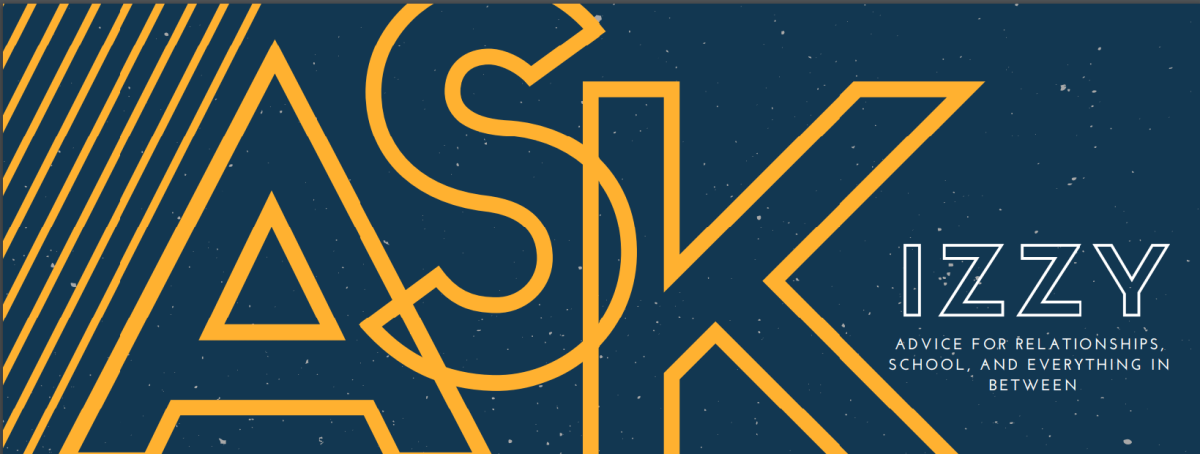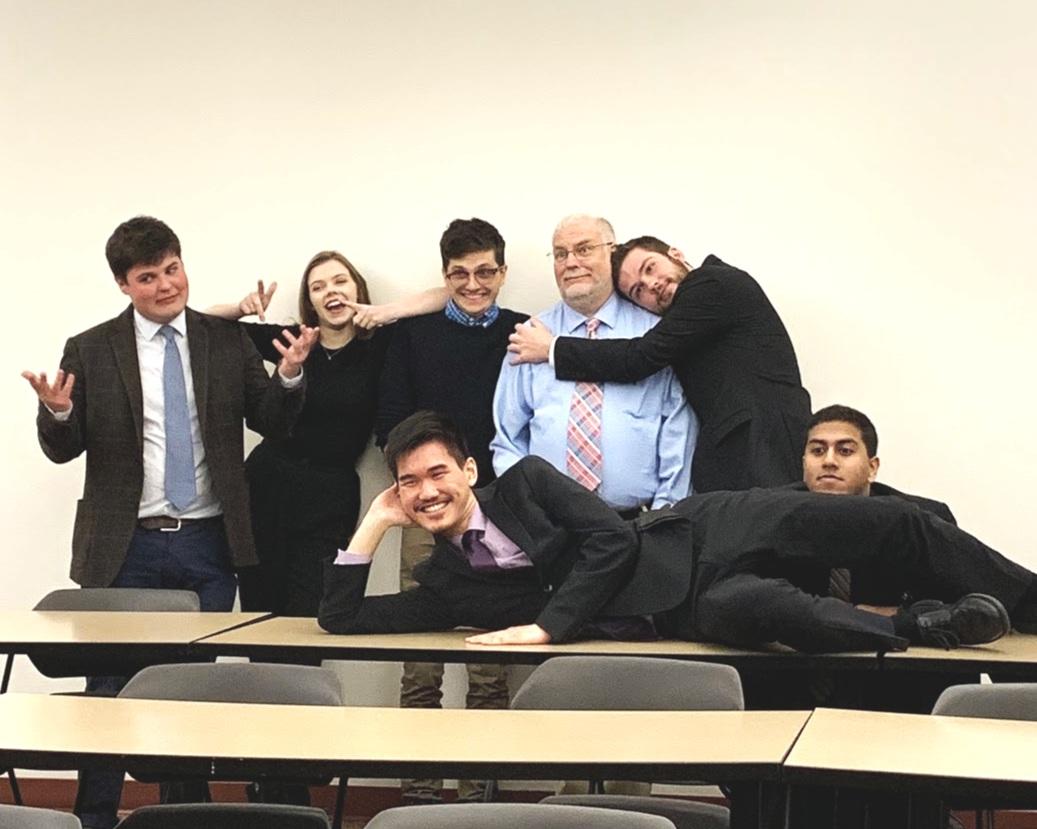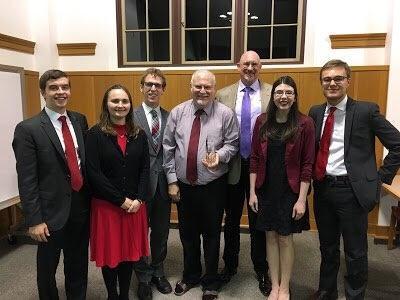Thomas Jay Oord, Ph. D. is a theologian, philosopher and scholar who contributes to many academic conversations, such as those concerning the relationship between reason and faith. The Science and Religion club teamed up with Whitworth’s Speakers & Artists to host Oord as a guest speaker on Tuesday, Feb. 19.
In the lecture on Tuesday evening, titled “Ten Reasons Why the Science and Theology Dialogue Matters,” Oord explained both what motivates him and what should motivate others to care about the discourse between the two fields of study, science and theology.
Of the approximately 40 people in attendance, not all were the typical Core 150 students looking for extra credit or members of the Science and Religion Club. Many coming to hear Oord and his theological insights were various faculty and community members from the Spokane and Coeur D’Alene area.
Two audience members were Whitworth alumni, Joel Ferris, Jr. and Jayce Keeling. Keeling and her husband invited Ferris and his wife to attend the lecture after they first learned of the event in a local independent newspaper, The Fig Tree. Their interest in Oord’s chosen topic of the night motivated the families to attend the lecture.
As Oord proceeded through his slide show, he engaged audience members like Keeling and Ferris with images of nature that he himself photographed.
“Like both lenses of a binocular,” said Oord, “science and theology can help us see better and understand better.”
The images were also the subject of his lecture earlier on Tuesday afternoon at a faculty lunch in the Crow’s Nest.
Oord quoted several scientists and theologians during his presentation. He also shared a quote of his own creation.
“The Bible tells us how to find abundant life,” said Oord, “not the science of how life became abundant.”
According to Oord, his saying is an adaptation of a previous quote by Galileo and is meant to better represent his own beliefs and motivations.
Topics such as evolution, predestination, the state of the afterlife, characteristics of God, and the concept of prayer were discussed between Oord and the audience during a q-and-a session after the lecture.
“Science and theology prompt us to ask big questions,” said Oord.
Those in the audience who did not get their questions answered or thought of more to ask stayed afterwards to discuss their ideas with Oord. Before the evening ended, Oord suggested that anyone who was still curious about his theological arguments should read his newest book, “God Can’t: How to believe in God and love after tragedy, abuse and evils.”












 Spokane?
Spokane?